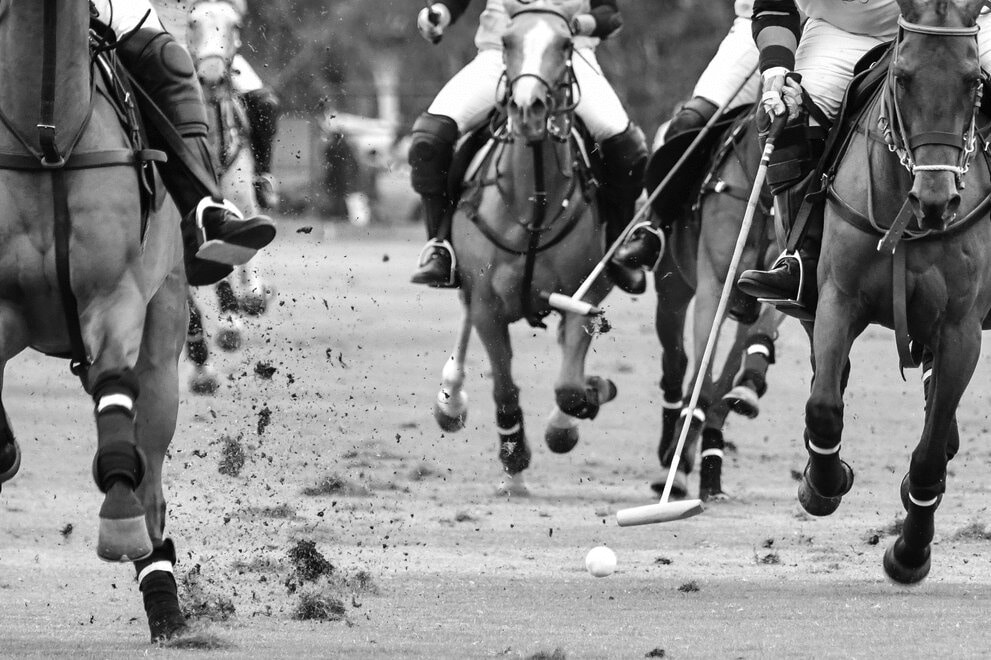News & Insight

Intellectual property infringement: directors’ personal liability
Remedies for intellectual property infringements include damages or, at a successful claimant’s election, an account of profits. Damages are as of right and intended to restore the claimant to the position they would have been in had the infringement not occurred. Account is an equitable remedy at the discretion of the court and is intended to deprive a guilty defendant of the profits they have made through the infringement.
What if the primary infringer is a company; can its directors personally be liable as accessories? And, if the claimant has opted for an account, are the directors liable just for the profits they have made personally or the profits made by the company?
These were the main issues before the English Court of Appeal in Lifestyle Equities CV v. Ahmed (2021). The Court of Appeal’s decision shows that the corporate veil may not be as opaque as some may have hoped.
The facts briefly were that at trial the defendants were found to have infringed the registered trade marks BEVERLEY HILLS POLO CLUB words and devices and also to have passed off those names and trade marks.
Insofar as relevant, the two defendant companies in question had gone into insolvent administration and the claimant pursued an account of profits against the two accessory director defendants.
On the issue of whether the directors were liable to account only for the profits they themselves made or for the whole profits made by the companies, the Court of Appeal found for the directors. This was fortuitous for them since liability for the whole of the profits would have been substantially (around 4/5 times) higher.
Regarding whether the directors were accessorily liable at all, the Court of Appeal ruled that a director can only escape accountability for the acts of their companies if they are doing nothing more than carrying out their constitutional roles, that is, voting at board meetings.
Otherwise, they will be liable for the infringements in the same way as any individual (director or non-director), that is, they must personally be involved in the commission of the tort to an extent to render them liable as a joint tortfeasor with the company, which is a question of fact.
The companies in this case were SMEs. The directors were responsible for choosing the brands to go on the goods, nominating the factories to make the goods that turned out to be infringing and agreeing prices, marketing the goods etc.
It was irrelevant that the directors were not acting outside their authorities and, or in breach of their fiduciary duties. Likewise, it was no defence to say that there was no improper motive or intention to infringe on the directors’ parts.
The case narrowly defines the circumstances in which directors can rely on the corporate veil to escape personal liability. Due diligence is the key to ensuring before new projects are embarked on that companies (and, or their directors) do not trespass on third party intellectual property rights.
Humphreys Law is vastly-experienced in carrying out tailored due diligence enquiries into all forms of intellectual property rights and, once clearance is obtained, devising and executing strategies to protect companies’ intellectual property rights.
If you have any queries about any of the issues raised above, then do please contact a member of our IP team.
All the thoughts and commentary that HLaw publishes on this website, including those set out above, are subject to the terms and conditions of use of this website. None of the above constitutes legal advice. Much of the above will no doubt fall out of date and conflict with future law and practice one day. None of the above should be relied upon. Always seek your own independent professional advice.
Humphreys Law

If you would like to contact a member of our team, please get in touch by filling in the form below.
"*" indicates required fields
Humphreys Law